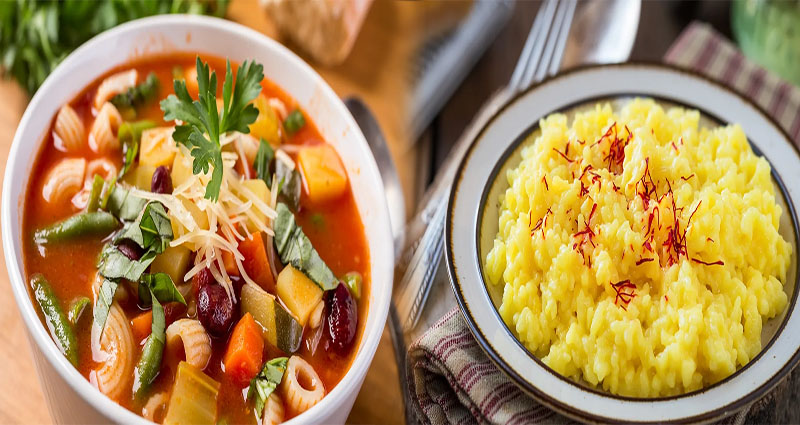Italian cuisine and culture are inextricably linked, forming a harmonious union that has captivated people worldwide. From the delectable flavors of the dishes to the vibrant traditions that encircle food and dining, Italian culture embodies a passionate reverence for culinary arts. In this article, we will uncover some interesting facts that shed light on the captivating fusion of Italian cuisine and culture.
Diverse Regional Influences:
Italy’s culinary landscape is as diverse as the country itself, consisting of 20 unique regions, each with its own distinct flavors and culinary traditions. From the hearty, robust dishes of the north to the light, seafood-centric fare of the south, the regional diversity of Italian cuisine reflects the varied climates, landscapes, and historical influences that have shaped its rich tapestry of flavors.
The Art of Slow Food:
Italy is the birthplace of the Slow Food movement, a global initiative that champions the importance of preserving traditional and regional cuisines, along with the local food sources that sustain them. This movement promotes a deeper connection with the food we consume, emphasizing the quality, sustainability, and ethical production of ingredients.
A Reverence for Seasonality:
Italian culinary traditions are deeply rooted in the principle of seasonality, with a strong emphasis on using fresh, locally sourced ingredients at the peak of their flavor. This reverence for seasonality not only enriches the flavors of Italian dishes but also serves as a celebration of the bountiful offerings of each season.
Iconic Italian Inventions:
Italy has given the world some of its most beloved culinary inventions, including pizza, pasta, gelato, and espresso. These iconic contributions have become integral parts of global culinary culture, embodying the artistry, simplicity, and depth of flavor that are hallmarks of Italian cuisine.
Wine and Olive Oil Heritage:
Italian culture is deeply intertwined with the cultivation of wine and the production of olive oil. With a viticultural tradition spanning thousands of years, Italy is celebrated as one of the world’s leading wine producers, boasting an extensive array of varietals that reflect the country’s diverse terroir. Similarly, the production of olive oil is steeped in tradition, with Italy being a major global exporter of this essential ingredient.
Convivial Dining Traditions:
In Italy, mealtimes are cherished opportunities for fostering connections, sharing stories, and reveling in the pleasures of good food. The conviviality of Italian dining culture is underscored by the tradition of “la dolce vita,” where meals are leisurely affairs and conversations flow freely, creating an atmosphere of warmth and camaraderie.
Italian cuisine and culture coalesce to form a rich tapestry of history, tradition, and flavor, captivating the hearts and palates of people around the world. From the diverse regional influences to the celebration of seasonal ingredients and convivial dining traditions, the fusion of Italian cuisine and culture offers a glimpse into the vibrant, multifaceted soul of Italy. As the legacy of Italian culinary arts continues to inspire and enchant, it serves as a testament to the enduring allure of this extraordinary cultural heritage.









